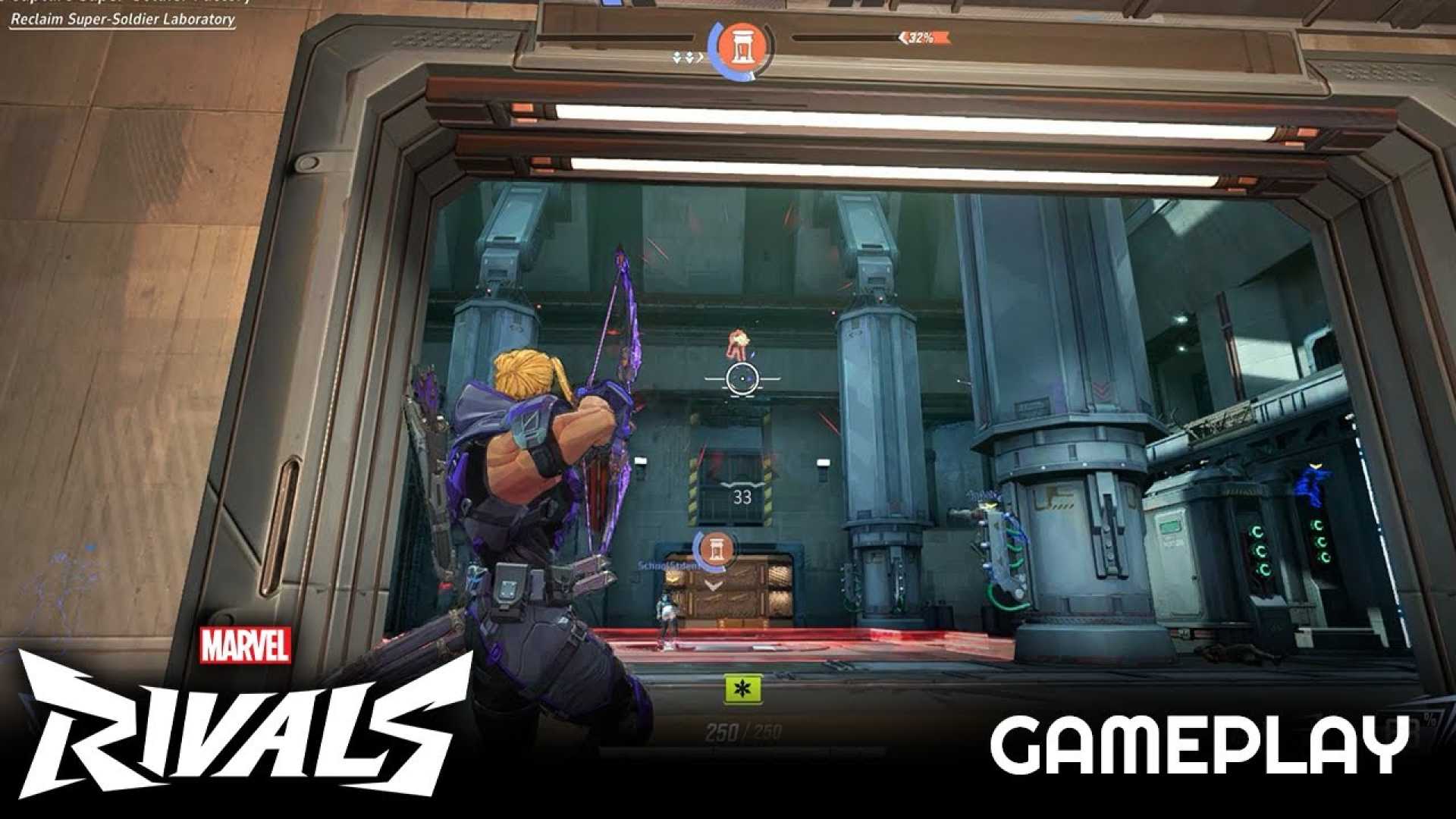Entertainment
Marvel Rivals Breaks Records with $80M in First Month

LOS ANGELES, Calif. — Marvel Rivals, the free-to-play hero shooter from NetEase Games, has shattered expectations by earning an estimated $80 million in its first month, despite being entirely free to download. The game, which launched on December 6, 2024, has drawn millions of players with its fast-paced gameplay and iconic Marvel characters.
According to reports from Chinese publication GameLook, the game’s revenue comes primarily from in-game cosmetics, including character skins, banners, and sprays. While Xbox does not track sales for free-to-play games, estimates based on player behavior suggest the figures are accurate. “It’s a testament to the power of the Marvel brand and the appeal of the free-to-play model,” said a NetEase spokesperson.
Marvel Rivals features a battle pass system, with Season 1 launching on January 10, 2025. The $9.99 pass includes skins themed around the Eternal Night Falls event, where New York is plunged into darkness by Doctor Doom. Additional cosmetics, available for $15 to $25, have drawn mixed reactions. Some players appreciate the creative liberties, while others prefer skins that stay true to the characters’ comic book origins.
Despite its financial success, the game has faced technical challenges. Xbox players have reported consistent bugs and game-breaking issues, which may explain the lack of in-game purchases on the platform. NetEase has yet to address these concerns publicly.
For players unwilling to spend real money, Marvel Rivals offers in-game currency through quests. However, some quests have been criticized for being overly difficult or reliant on rare map appearances. “I played 80 matches and only saw the Klyntar map three times,” one player complained on social media.
With Season 1 underway and new skins like Jade Maiden Mantis and Sorcerer Immortal Doctor Strange set to debut on January 17, Marvel Rivals shows no signs of slowing down. The game’s success highlights the growing influence of free-to-play models in the gaming industry, where cosmetics drive revenue without compromising gameplay balance.












